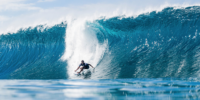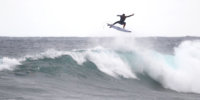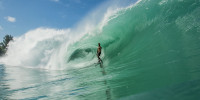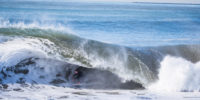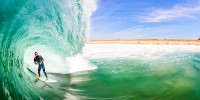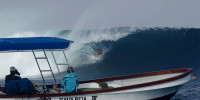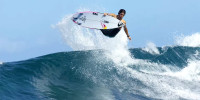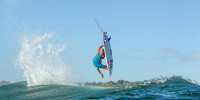As the debut of surfing in the Olympics comes to a close, there is a lot to unpack.
But before we get into that, we first wanted to congratulate all of the surfers that competed for their country and to all of the many organizers who worked tirelessly for years to make it all happen.
Fernando, you’re a freaking animal! Congrats on achieving your life long dream.
That said, let’s break some things down a bit.
The first thing that comes to mind is a multi-part question: what were the objectives, were they accomplished, and how will this little experiment affect surfing, in general, going forward?
As far as goals were concerned, concepts like “grow the sport,” “bring the world together through surfing,” and to create a legitimate sporting relevance for competitive surfing, were all thrown around prior to the Games.
That in mind, however, it would seem some of those goals, and possibly others, may have been actually been working against one and other in a few different ways.
When we hear talk about growing the sport, it’s supposed to mean an introduction to surfing to a non-surfing audience, but this is often heard by real surfers as simply bringing more people into the lineup. Selfishly, you’d be hard-pressed to find many of us who think that is in any way something that surfing needs today, as most lineups are already bulging at the seams. If you work in the surf industry, of course, you would want more potential customers, but again, the average everyday surfer does not see either of those necessarily as a plus.
“Bringing the world together through surfing,” as Fernando likes to preach, might be a bit of a fantasy given the civil, political, racial, and the many other divides that exist in society today, not to mention the general tension that already exists among surfers. It’s a catchy line, but is it a realistic proposition?
We’re not here to rain on anyone’s parade so we’ll just leave that one with a “yeah, we hope so too” and move on.
The last one – legitimize surfing as a real sport – was probably the reason most of the surfer/athletes trained hard, traveled great distances under a huge health risk, and then showed up with their game faces on comp day. There is a growing “jock” element among us that yearns for acceptance in the sporting world as legitimate athletes and Olympics inclusion was going do a lot to help secure that once and for all.
If indeed that was a goal to be accomplished, as we also attempted to simultaneously bring the culture of surfing into the public eye, it may have actually created a contradiction of which inadvertently hurt both causes.
On the legitimate sport conversation, take the final for instance. In good ol’ Mother Nature’s big brown ocean, Kanoa caught 14 waves which averaged a per wave score of 1.097. His two scoring waves being a 3.83 and a 2.77. This was a final, mind you, with who were supposed to be some of the best in the world, yet one of them could barely find a quaility wave in 35 minutes. Italo obviously did much better but even he was in an almost survival mode looking for any scrap of a ridable wave face, eventually finding a couple of mid-sevens and putting a combo on Kanoa veery early.
If you were part of the non-surfing audience, you would have surely been very bored but also scratching your head wondering why this is even a sport.
Now, imagine if that same final was in Japan’s new wave pool.
The scorelines would have probably seen multiple eights and nines and a fully action-packed 35 minutes going down to the wire in a turquoise blue wonderland. A true sporting event, which could have been easily embraced any anyone watching.
Surfer or non-surfer.
You only need to look at the skateboarding competition for a perfect comparison. A man-made “street” course was used that created, in our opinion, a compelling event that opened up many more new eyeballs to their sport than surfing did theirs. They crowned a bunch of young, fresh-faced champions which probably have many parents who are considering skating as a legit activity for their kids today.
Yet in surfing, and again just our opinion, absolutely nothing changed in how a non-surfing audience sees surfing post Olympics.
The ISM, via Fernando’s insistence, decided on ocean surfing and the “culture” that comes with it, which we understand completely. But because of what that can often bring, Olympic surfing got a boring, almost unwatchable finals day in horrible conditions with mostly predictable winners.
In summary, the “sport” of surfing just might benefit from the occasional dip in the pool, especially when it’s in front of a non-surfing audience like the Olympics. Fernando was partially right by trying to sell the culture, as that is where surfing’s true essence is often found, but if we are also trying to make a competitive sport out of it, that non-surfers can actually get their head around, a wave pool just might hold the key.
See ya in four years. Or, actually three.
What Youth



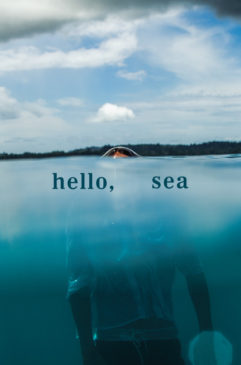
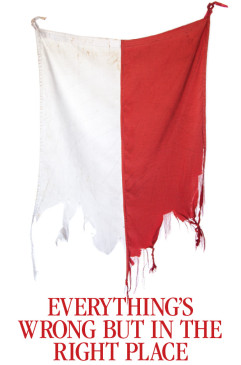




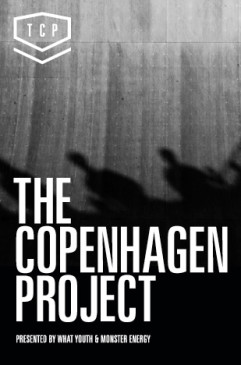


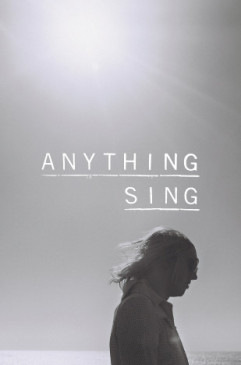




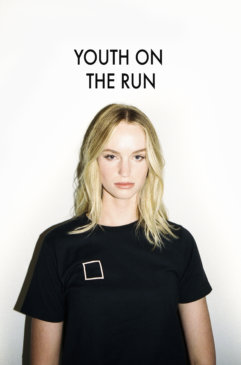






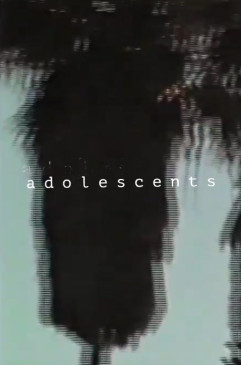
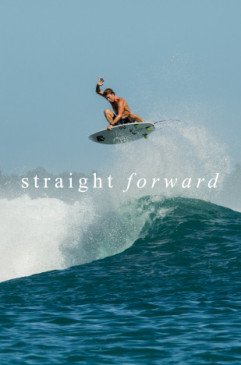

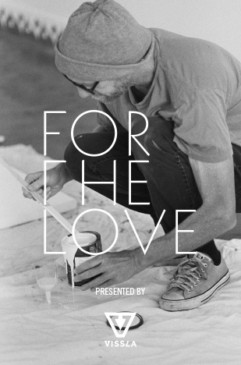
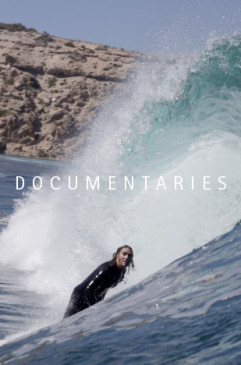
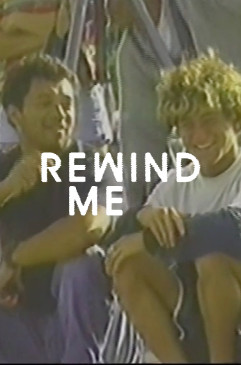
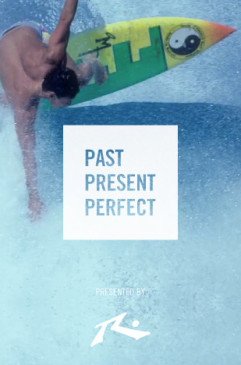


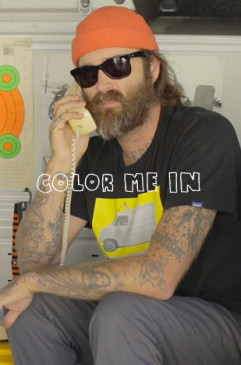





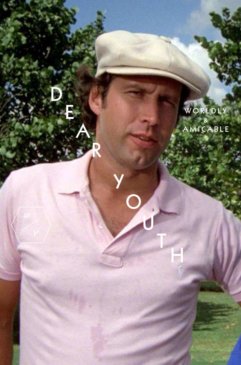
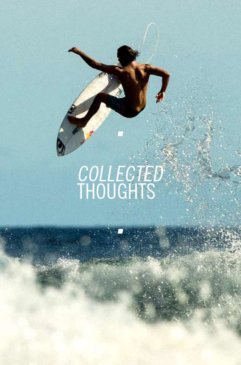







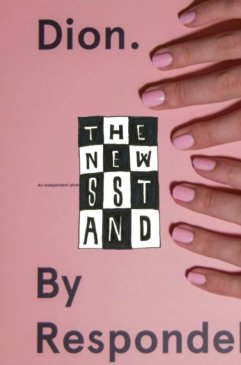



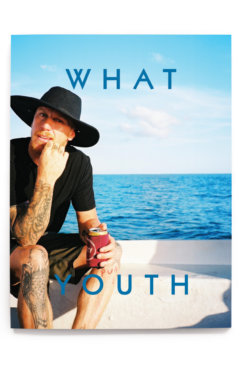
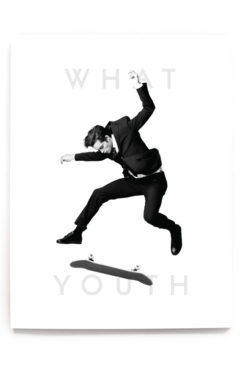


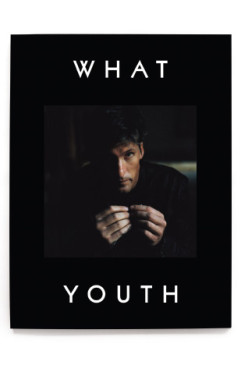
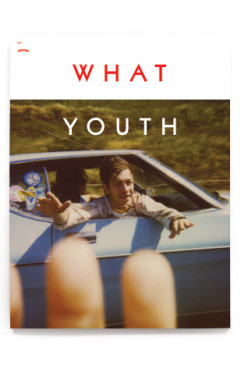
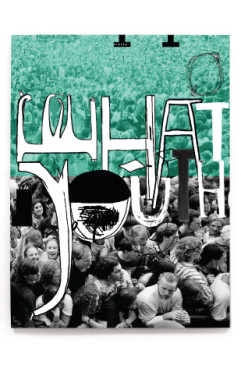

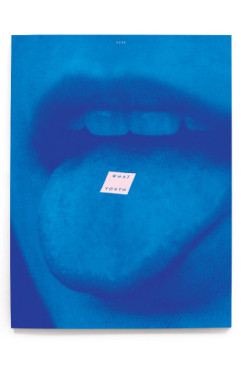



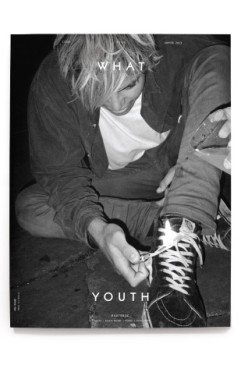

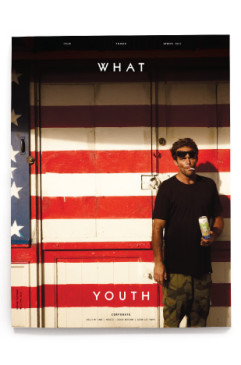


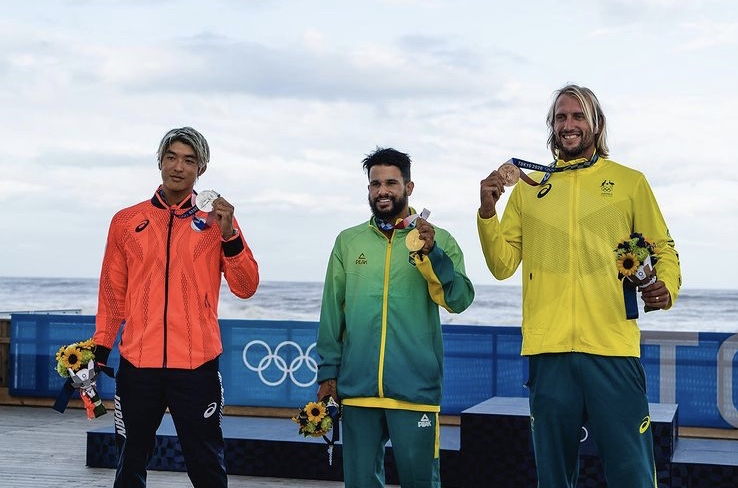
 NXT
NXT 

